You’ve probably heard of the term “play-based learning” or “playschool” when browsing for your schools to enroll your child in. But do you know exactly what it means to learn through play?
The Early Years Learning Framework of EYLF defines play-based learning as the context for learning in which children organise and make sense of their social world by playing or exploring with objects, representations, and actively engaging with others.
It may seem off putting to parents who are less aware of what play can do for their child’s learning development when a school is implementing play within their curriculum or programmes. Some parents might think of it as a way for teachers to “have it easy” in the classroom.
So, I’ve laid out the details of play-based learning in simple terms for parents to understand why play is an important aspect in contributing to your child’s cognitive, social, emotional, and even, language development:
1- Benefiting Children’s Curiosity
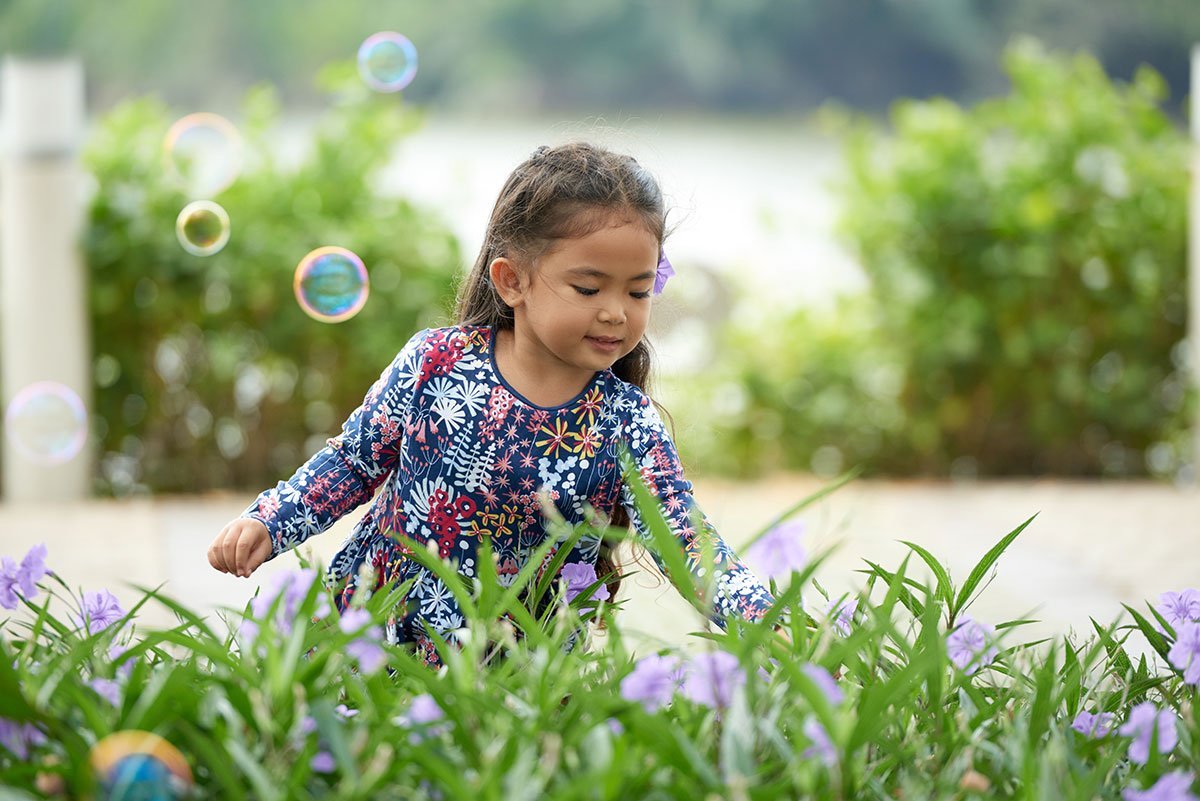
Parents should know by now how curious children are in nature. They tend to ask a lot of questions and sometimes, explore things on their own which might lead to some unwanted consequences.
Naturally, this is how a child’s learning takes place. In the most organic environment, children will lead their own exploration and discovery to understand what’s right and wrong, to see how things work, to introduce themselves to the unknown.
Children are also known for their own temperaments to learning. Some children might like to work in groups while others shy away. This is why play is the best method of learning for children as it allows the learners to take learning into their own hands. It stimulates brain development without teachers having to use force and dominance in the classroom, easing the children to adapt and adjust themselves to the learning environment.
Similarly, the ALFA and Friends’ Toddler programme allows play-based learning to take place in order to introduce science concepts to young learners.
2- Enhances Creativity and Imagination
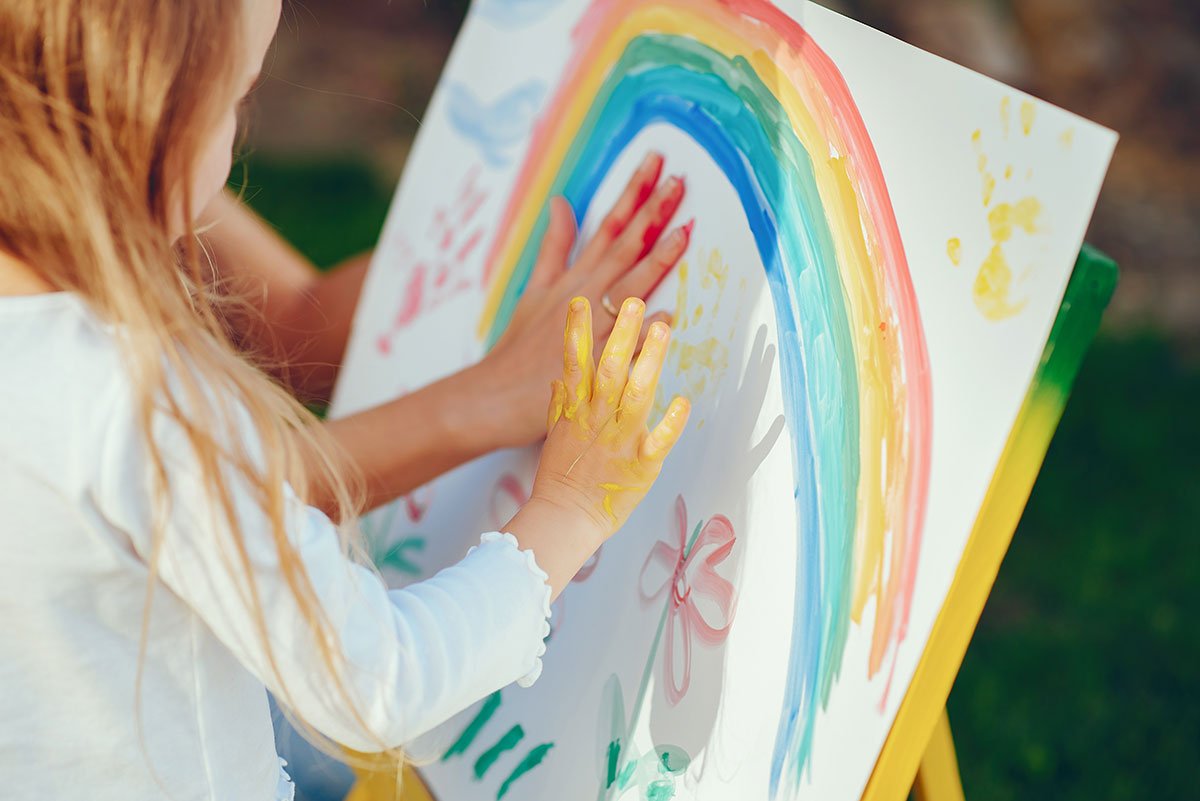
Every child loves to play. But the direction of their play is within their own hands as each child has interests and hobbies of their own. Since play-based education is such a flexible method of learning, it allows its learners to make full use of their creativity and imagination in the classroom.
This is important in the early years to compensate for the rigidity and structure that will be implemented in their later schooling years. The concept of play-based learning, however, is not about free play where the child is left to play without a certain outline for the teachers to observe and refer to in terms of assessing your child.
Play-based learning is guided play where the teacher has the role of facilitating the play to ensure a certain direction or objectives within the play activity. For example, if a child’s learning objective of the day is to learn primary colours, the play activity that will be facilitated by your child’s teacher will provide the right tools and materials for your child to explore primary colours. It is as simple as that.
3- Cultivating Good Moral Values and Discipline
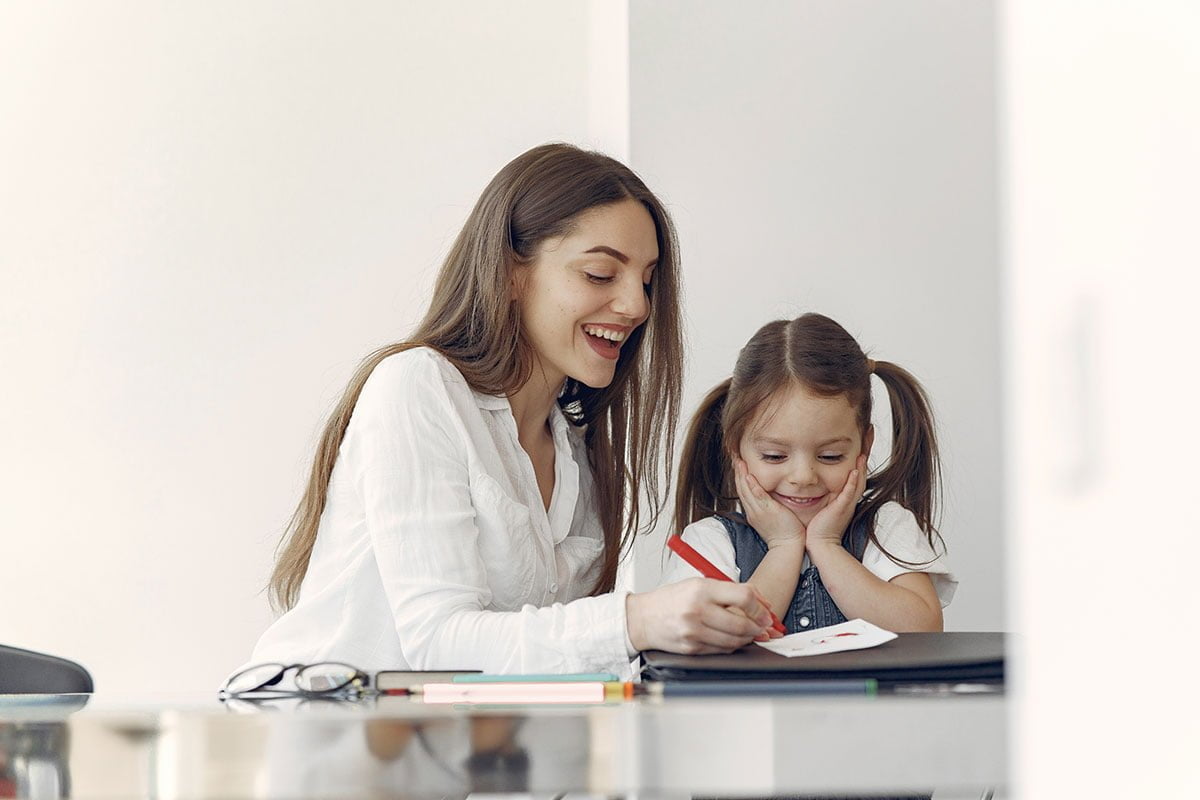
Play-based learning not only contributes to cognitive development, but it also shapes and models your child’s behaviour and interactions with others. In playschools, children are also encouraged to adhere to classroom rules, timetables and schedules in which will structure the play activities accordingly.
It is a misconception to think that playschool allows the children to roam free without any adult supervision or teacher’s intervention. Teacher’s instruction plays a crucial role in ensuring play-based learning is effectively implemented in the classroom.
Through play activities, your child will be able acquire good moral values such as sharing and taking turns, as well as being responsible and accountable for their actions.
4- Enhances Language and Communication Skills
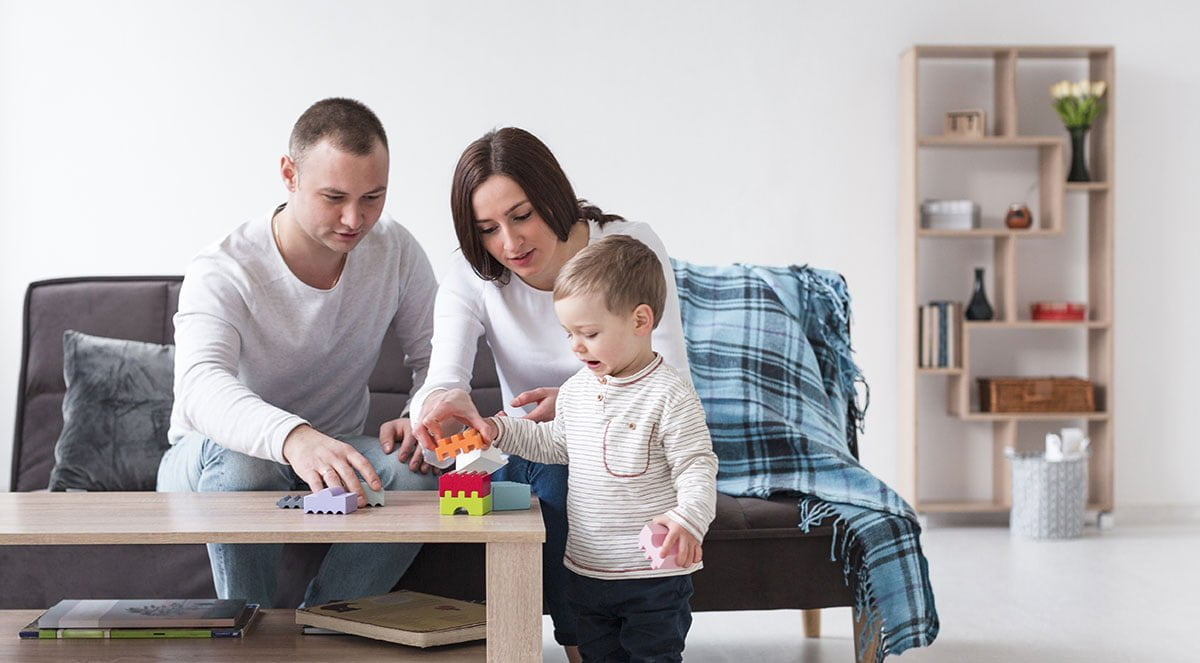
Play-based learning encourages your children to interact with others which will simultaneously contribute to the development of their language skills. It teaches your children the importance of asking for permission, negotiating, reasoning, justifying, explaining, and answering questions appropriately.
Usual learning methods do not provide the environment that allows natural interaction to take place but through play, your child will find themselves participating in conversations with their peers all the time.
5- Hands-on and Self-Initiated Approaches to Learning
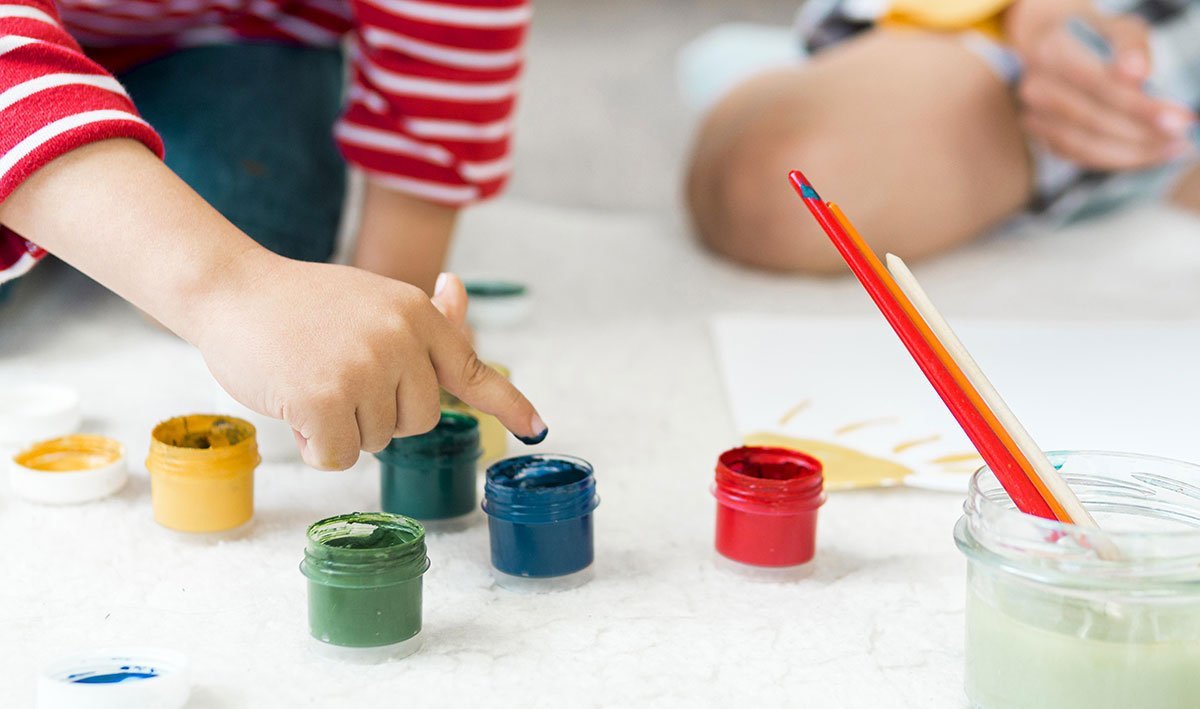
The thing about play-based classrooms and activities is that they are very hands-on and immersive. Take for example the Spark kit by ALFA and Friends which incorporates play and student-centered learning, emphasizing the importance of science education for toddlers. The Spark kit guides children to learn on their own by providing them with the right resources and tools for self-initiated learning to take place. This is all play-based learning needs, a teacher to facilitate the learning process and provide the tools, as well as learning materials, and good observation skills by the teachers and the learning will naturally occur.
These are some of the benefits of play-based learning that parents should know to educate themselves when deciding on the best school for their children. Playschools have dominated the early childhood education industry for many years due to its long list of benefits for young learners. Therefore, taking the time to understand play-based learning should be useful for parents to determine the best quality of education for their child.









